The World Health Organization, or WHO, on Wednesday announced the proposed members of the organization's Scientific Advisory Group for the Origins of Novel Pathogens, also known as SAGO.
Following a public call for experts, 26 specialists were selected from over 700 applications, chosen for their world-class expertise and experience in a range of disciplines, as well as their geographic and gender diversity.
Speaking at the media briefing, WHO Director-General Tedros Adhanom Ghebreyesus said: "SAGO will advise WHO on the development of a global framework to define and guide studies into the origins of emerging and re-emerging pathogens with epidemic and pandemic potential, including SARS-CoV-2."
There will now be a two week public consultation period for the WHO to receive feedback on the proposed SAGO members, following which the composition of SAGO will be confirmed and the group will have its first meeting.
Tedros said: "The emergence of new viruses with the potential to spark epidemics and pandemics is a fact of nature, and while SARS-CoV-2 is the latest such virus, it will not be the last."
The announcement came as the number of weekly reported deaths from COVID-19 continues to decline, and is currently at its lowest level in almost a year.
"But it's still an unacceptably high level — almost 50,000 deaths a week, and the real number is certainly higher," Tedros said. "Deaths are declining in every region except Europe, where several countries are facing fresh waves of cases and deaths. And of course, deaths are highest in the countries and populations with the least access to vaccines."
According to the United Nations health body, 56 countries that were effectively excluded from the global vaccine marketplace were not able to reach the target of vaccinating 10 percent of their populations by the end of September — and most of them in Africa. Even more countries are at risk of missing the 40 percent target by the end of this year.
Tedros again called on countries and companies that control the global supply of vaccines to prioritize supply to the global vaccine-sharing initiatives COVAX and AVAT, which aim to help secure widespread access to COVID-19 vaccines across Africa.
"Reaching 40 percent needs a whole-of-government and whole-of-society approach, which depends on political and civil society leadership," he said.
With aggressive and ambitious action, Tedros said he believes most of these countries can still reach the 40 percent target by the end of this year, or be on a clear pathway to reaching it.
"But it takes global cooperation. Countries that continue to roll out boosters now are effectively preventing other countries from vaccinating their most at-risk populations," he said. "Supply is finite. In the end, this is a zero-sum game."








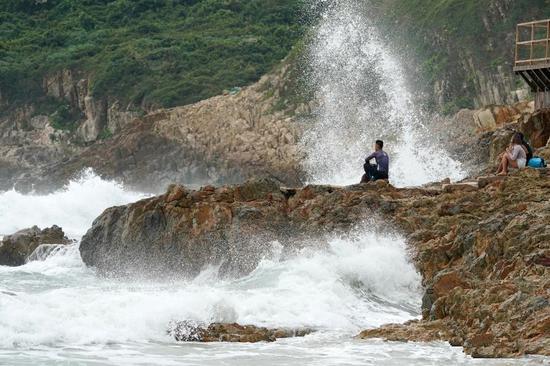

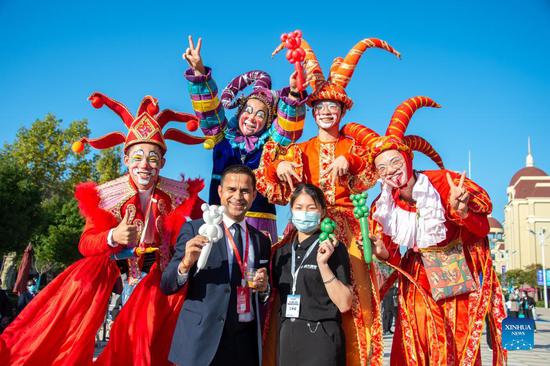
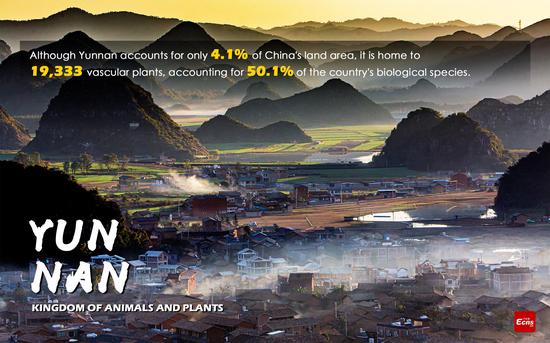
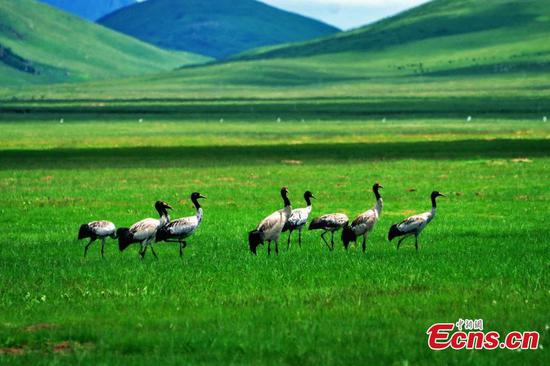


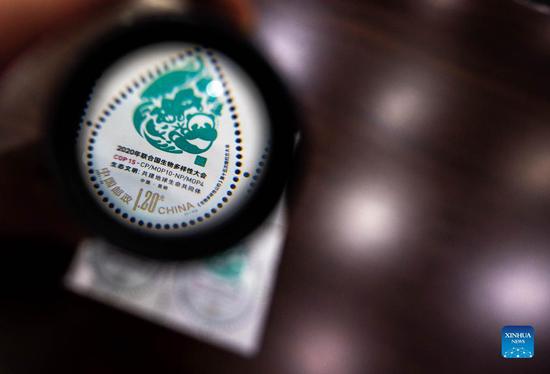


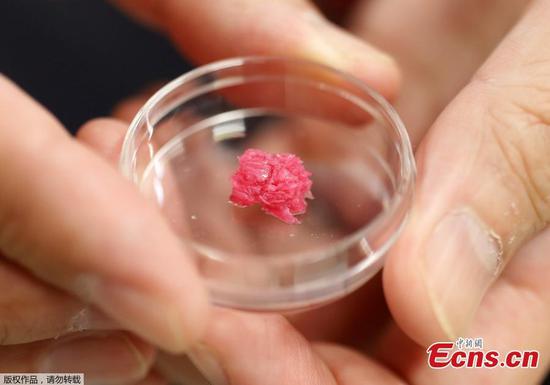


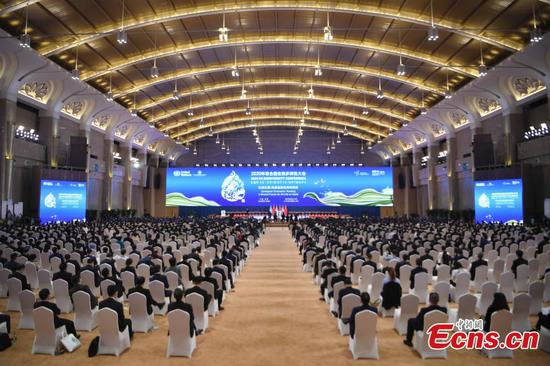

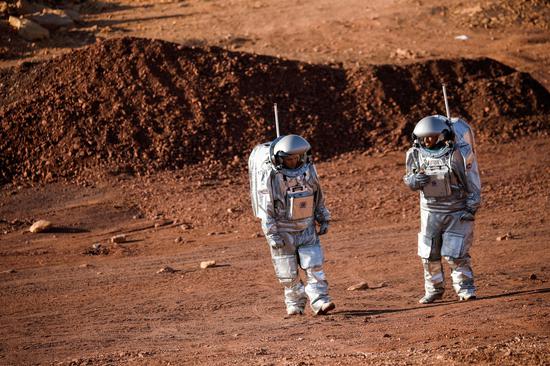
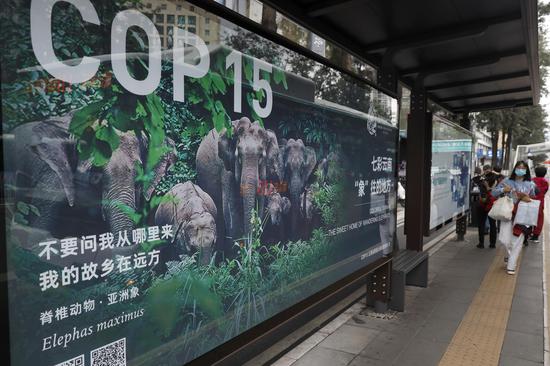
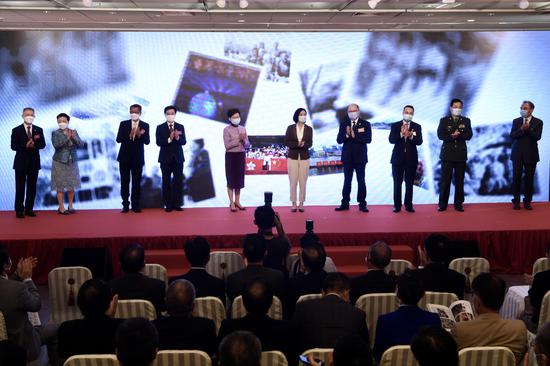

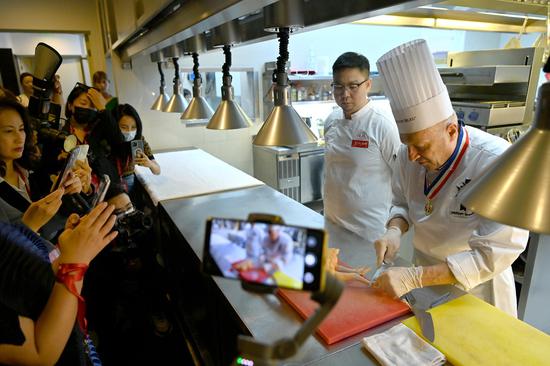
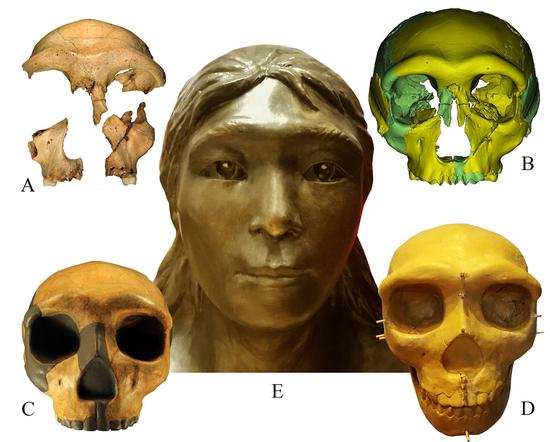

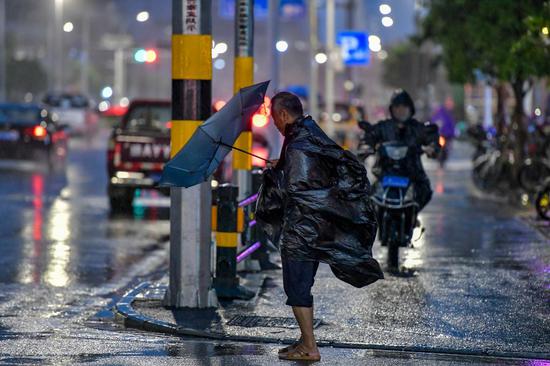
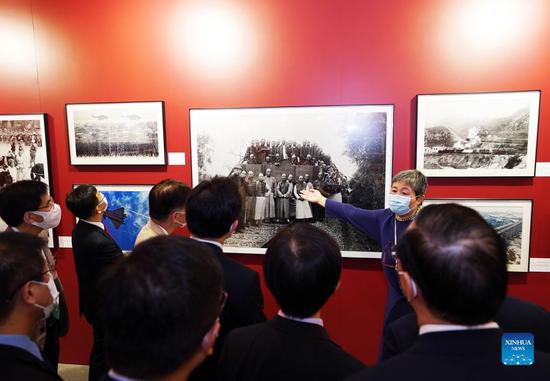
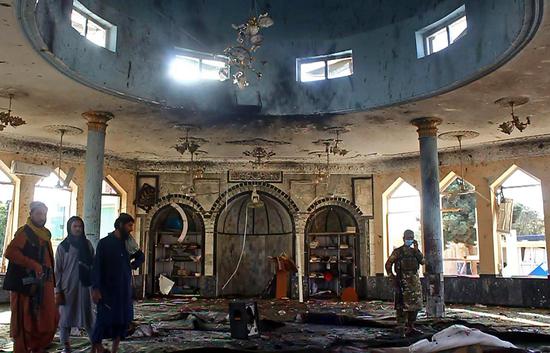


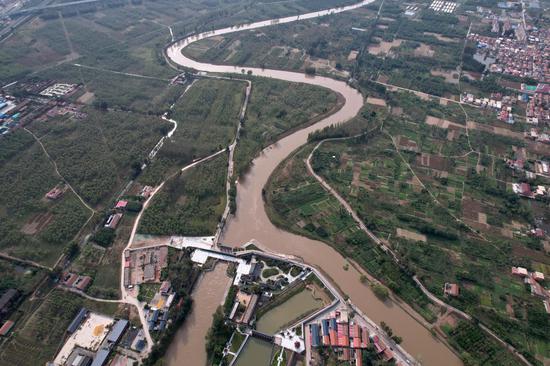
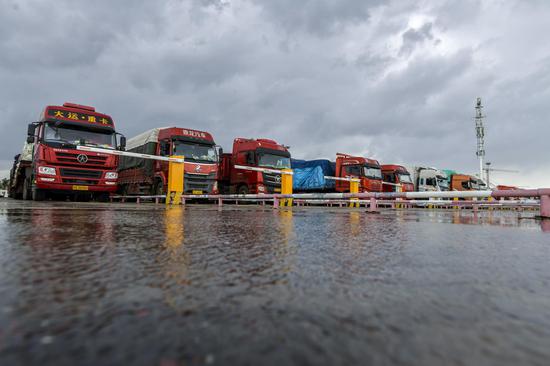

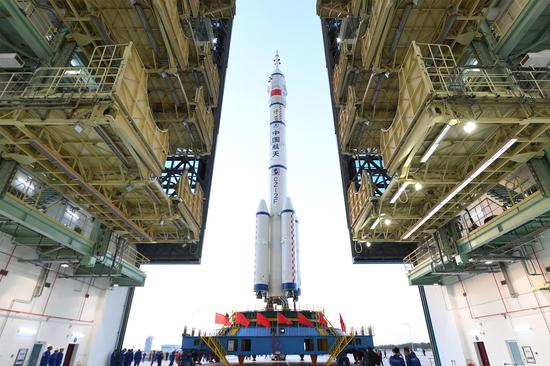











 京公网安备 11010202009201号
京公网安备 11010202009201号